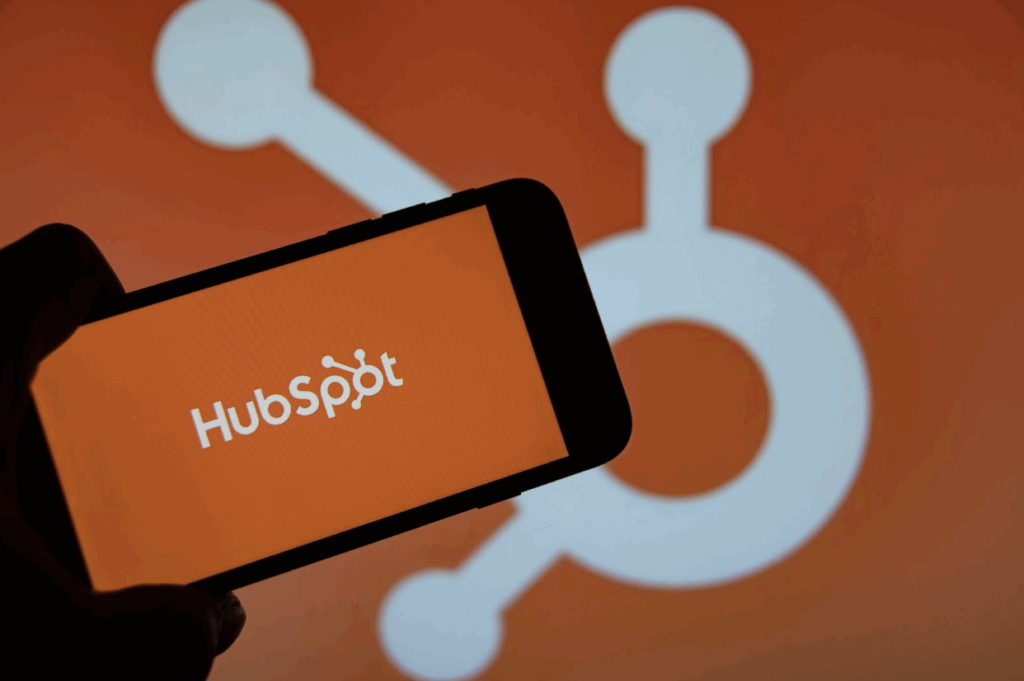Despite the proliferation of niche software tools for event marketers, traditional CRMs remain the most popular choice for those concerned about event efficiency and ROI.
Big-name softwares like Salesforce and Hubspot are king, according to event marketers and other staff who spoke to Vendelux at recent conferences.
“We’re Salesforce, and then we use Marketo, and we connect them together to generate event flows so that we can bring targets in depending on the people that are going to be here,” said Lina Tonk, CMO of Recurly, from the trade show floor at SubSummit this spring.
“We try to use as much of our current technology to connect the programming into everything that we’re going to be doing here,” she added.
Asked about what software he uses to facilitate event planning, Brinqa’s Peter Schumacher said: “Salesforce. Typical.”
That’s not to say more tailored solutions aren’t gaining ground.
In June, Bizaboo and RainFocus were named “leaders” in the Gartner Magic Quadrant category for event platforms for the second year in a row. They’re in competition with other companies like Stova and Splash, which was acquired by CVENT last fall, that aim to help marketers promote, measure and scale their events.
These tools, however, represent one more expenditure, as well as one more conversation with higher ups about why it’s absolutely necessary to enter into yet another months-long contract.
On the other hand, customer relationship management (CRM) softwares are already in use at most small and mid-market firms as part of established sales efforts.
“We’ve been kind of traditional in what we use. We use the CRM for potential into any event campaign that we want to do,” Tonk said.
She says Recurly’s newly hired events manager is starting to use AI tools for recording and tracking leads, even if the usual softwares are where most of the work is done.
Kevin Wong, head of business operations at Enterpet, says he and his colleagues are also keeping it simple.
They use Outreach to send emails, a QR code software that allows them to track scans and leads at events and Hubspot for everything else.
“So it goes from promotion, amplification and down to measurement,” he said. “Those are the three main technologies we use for tracking events, and I don’t see those going anywhere.”
While this might sound discouraging for specified suites hoping to capture the events market, it’s also an opportunity.
If solution providers in the events field want to slide in and offer personalized software made with these exact roles in mind, they’ll be sure to find a large customer base that isn’t venturing far beyond the tools in their arsenal.




